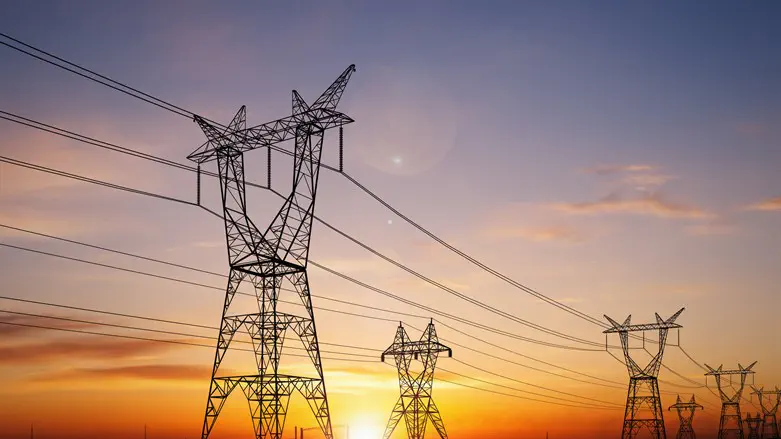
The government today (Sunday) Energy Minister Israel Katz's proposal to establish an electricity storage facility to supply "kosher" electricity on Shabbat and Jewish festivals for members of the haredi community who wish to use it. Many religious Jews are uncomfortable with the use of electricity which is produced on Shabbat by Jewish workers, which is considered a violation of the Shabbat.
The aim of the proposal is to reduce the pollution and safety hazards caused by the use of on-site electricity generators during Shabbat while allowing electrical appliances such as air conditioners and lights to continue to function, while not raising the price of electricity.
The haredi parties had pushed for the plan, which was included in the coalition agreement between the Likud and United Torah Judaism parties.
In the first stage of the plan, electricity will be provided as part of a pilot program in the mostly haredi city of Bnei Brak. The facility will cover a site of 1,200 dunams (about 300 acres) and will cost an estimated NIS 100 million ($27 million). It will store electricity produced during the week for use on Shabbat.
On Friday afternoon, the haredi community will be automatically disconnected from the national power grid and connected to the facility for the duration of Shabbat. In the event of a malfunction, the community will be automatically reconnected to the power grid.
The proposal, which was first reported by Israel Hayom last week, was criticized by Yisrael Beytenu chairman MK Avigdor Liberman.
"For 75 years, all the 'righteous' managed without kosher electricity. This forceful move by Shas and United Torah Judaism comes at the expense of the middle class. They are the ones who will pay the price for it," Liberman said. "The construction of electricity storage facilities, combined with the high electricity rates during the week compared to the cheap rates on Shabbat, will cost the citizens of Israel billions of shekels."
Energy Minister Katz rejected the criticism, saying that “what we approved today won’t raise electricity costs by an agora for the public.”
The proposal was initially opposed by the Israel Electric Company (IEC), the Finance Ministry, and the Government Companies Authority as a violation of the agreement that electricity storage facilities would be established only on the premises of the IEC.
The issues with the IEC were resolved in negotiations, and the company dropped its opposition to the proposal, allowing it to move forward. During the pilot program, the IEC will operate the storage facility.
